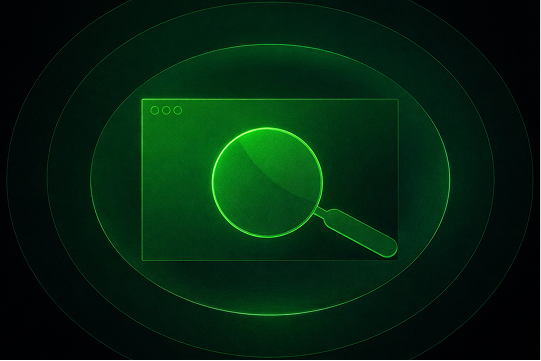Buffer
A buffer is a temporary data storage area while the data is transferred between different systems. This intermediary storage space facilitates smooth and efficient data flow between physical and digital parts at various processing speeds.
For example, when you copy a large file — like an HD movie — and paste it into a different location, the computer doesn't transfer the data immediately. Instead, it breaks the file into smaller segments that fit into individual buffers. The system reads the source file and writes it, bit by bit, into the buffers. Once a buffer fills, the system starts pasting the data into the new location while receiving more data for the next buffer.
Without this approach, the system might experience delays, as it needs to wait for each chunk of data to transfer before proceeding to the next one.
Buffers are also important for reading and writing files, network communications, and data streaming. When you upload a large file to a web server, the server typically stores it in a buffer before processing and saving it. In online streaming, browsers buffer videos before playing them on your device. This process ensures that potential delays or fluctuations in internet speed don't disrupt the video’s continuous playback.
By leveraging buffers, you can optimize the performance and efficiency of data transfers, significantly reducing the likelihood of data loss or delays.




.webp)
.jpg)